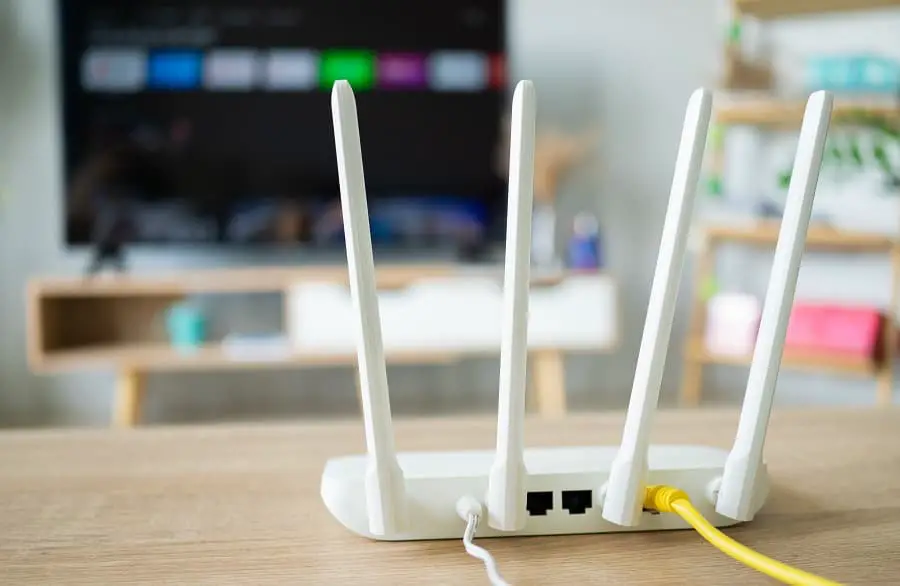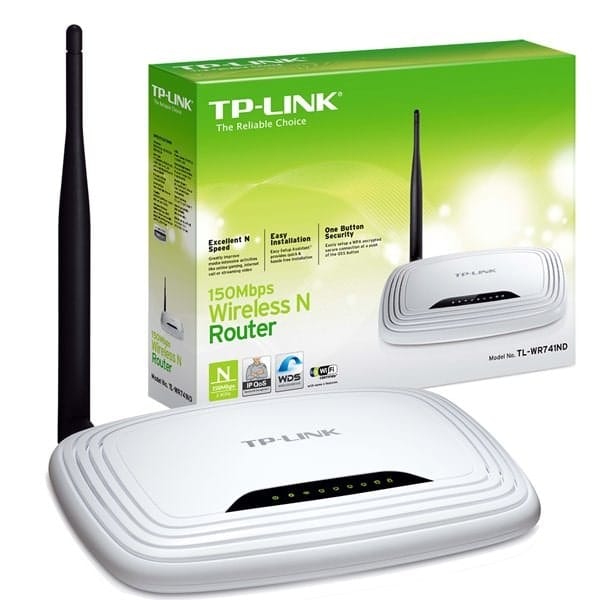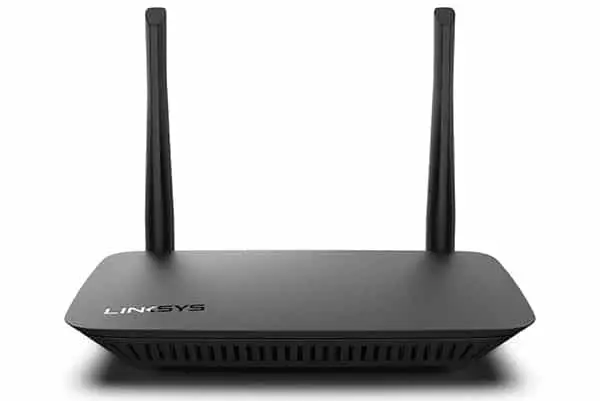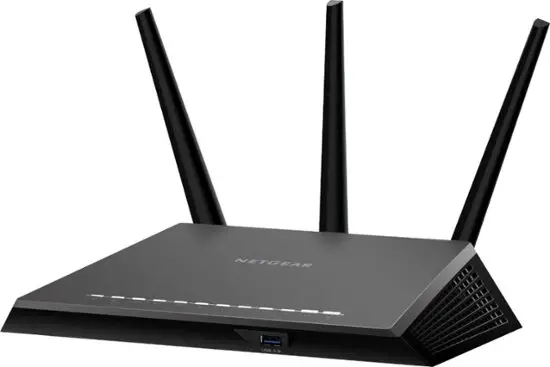Today, it has become necessary to have uninterrupted internet access so that you won’t miss out on any of your social media notifications, important work emails, and whatnot. To get a high-powered internet connection, you need to equip your home or office with wifi connectivity that will help you always stay online. But, to get a high-speed wifi network, you need to get an efficient and powerful router that will transmit data connection around you. If you are looking forward to buying a new router that can give high speed to your wifi connection, Here in this post we have collected the factors you need to consider while buying a WiFi router.
Factors to Consider Before Buying a WiFi Router
If you don’t know which WiFi Router is perfect for your home or office, then you need to consider the following points
- Make sure the router supports the latest Wi-Fi standards (like Wi-Fi 6) for better speed, efficiency, and connectivity.
- Look for routers with higher speed ratings to ensure faster data transfer, especially if you have multiple devices connected simultaneously.
- Dual-band or tri-band routers offer flexibility in managing multiple devices. 2.4GHz for better coverage, 5GHz for faster speeds.
- More antennas generally improve signal strength and coverage. Adjustable antennas allow you to direct the signal.
- Prioritize routers with robust security features, including WPA3 encryption, firewalls, and the ability to set up a guest network.
- Consider the number and type of ports (Ethernet, USB) for wired connections and device connectivity.
Various Types of Routers
There are plenty of different types of WiFi routers available in the market. Routers are available in different strengths and from a number of manufacturers. You need to consider all the different types of WiFi routers before selecting a suitable one. Common types of routers available in the market are –
Single Band Router – As we know the main function of the wifi router is to communicate with your gadgets through radio frequencies and every router has the strength of transmitting different types of frequencies. Single-band routers can transmit 2.4GHz of frequencies which is very helpful for the home user. This frequency can be easily transmitted through walls and floors. Plus, one of the main advantages of this router is that it is available at highly affordable rates.
Dual Band Router – It is clear from the name that this router can support double frequencies than the single-band router. This router can enable you to connect with gadgets between 2.4GHz to 5GHz. This router is very useful when you live in a densely populated area as double band routers are less used by people as compared to single band routers because 5GHz can’t be penetrated through walls and floors.
Here are some advantages of using a dual-band router:
- Up to 100x the wireless bandwidth (Picks up both the 2.4 GHz and 5 GHz bands)
- Dedicated Wi-Fi Network for video and gaming
- Separate networks avoid interference
- Two separate Wi-Fi networks operating simultaneously
Tri-Band Router – You must be thinking that tri Band Router will add up another frequency. But, apart from tripling the frequency strength, this router will add up one another 5GHz to the layer. The biggest advantage of this router is that it reduces congestion and interference on your Wi-Fi networks even more. With an extra lane for traffic, congestion in that lane is seriously reduced, meaning it’s much more likely that you’ll be able to reach higher speeds at any given moment.
- Supports more devices due to additional wireless bands
- Three separate bands mean three times more bandwidth
- Dedicate each band to separate devices
- More wireless bands for less interference
Mesh Network – Okay, so if you are planning to buy the mesh network WiFi Router, then you need to clear one thing this router isn’t related to bands. It is mainly related to the extent of WiFi connectivity. Under the mesh network, one main router is connected to other nodes present at different locations to increase the operational area of the WiFi network. The mesh network is useful for large houses between 2,000 and 4,500 square feet or multiple floor corporate offices.
Other Features
Apart from focusing on the different types of WiFi routers, you need to consider numerous other points to get the perfect WiFi routers for your office and home. If you want to buy the perfect wifi router, then you need to consider the following points as well –
Router with Built-in Modem
To run a smooth wireless internet connection at your home, you need to device modem and router. These days router built with a modem is present in the market so you need to choose whether to buy a built-in modem router or get a separate setup because both have their own advantages and disadvantages.
The major advantage of this router will be that you won’t have to worry about the clutter of different wires and cables at your house. Moreover, the coaxial connection is going to be way cheaper than getting a router and modem separately. But, it has one disadvantage you won’t be able to configure different security and firewall settings separately. So, now it is your choice which one router you buy.
Different Wireless Standards
We have already explained the different types of WiFi routers, but you need to also consider the wireless standards while purchasing the router. In the past 20 years, multiple wireless standards have been changed such as –
- 802.11 used the 2.4GHz band and had a maximum bandwidth of 2 megabits per second (Mbps).
- 802.11b uses the same 2.4GHz band with a maximum bandwidth of 11 Mbps.
- 802.11a was introduced in 1999, at the same time as 802.11b, but it operates on the 5GHz frequency band and supports a maximum bandwidth of 54Mbps. 802.11a.
- 802.11g also supports a maximum bandwidth of 54Mbps but operates in the 2.4GHz band.
- 802.11n was introduced in 2009, which operates in both the 2.4GHz and 5GHz frequency bands and supports a bandwidth of up to 300Mbps (or even 450Mbps with three antennae).
- 802.11ac works exclusively in the 5GHz band and supports bandwidth anywhere between 433Mbps to multiple gigabits per second.
802.11n and 802.11ac are the most modern and most useful standards today,
These are just a few examples of wireless standards as there are multiple other wireless standards are available to select from. So, here, you need to be very careful when you are selecting the wires for your router.
Best Wi-Fi Routers for 2024
TP-Link Archer C2300
- Wi-Fi Spec: 802.11ac/Dual-Band
- Number of Antennas/Removable: 3/Yes
- Ports: Four 1-Gbps LAN, 1 WAN, 1 USB 2.0, 1 USB 3.0
- Peak Throughput: 939.6 Mbps
- Size: 8.5 x 7.5 x 1.5 inches
- Built-in antivirus protection
Netgear Orbi
- Wi-Fi Spec: 802.11ac/Tri-Band
- Number of Antennas/Removable: 6/No
- Ports: Four 1-Gbps LAN, 1 USB 2.0
- Peak Throughput: 552.1 Mbps
- Size: 8.9 x 6.7 x 3.1 inches
- The dedicated router-to-extension data channel
- MU-MIMO technology
- Choice of app or browser setup
TP-Link Archer A7
- Wi-Fi Spec: 802.11ac/Dual-Band
- Number of Antennas/Removable: 3/No
- Ports: Four 1-Gbps LAN, 1 USB 2.0
- Peak Throughput: 647.4 Mbps
- Size: 1.3 x 9.6 x 6.4 inches
Asus ROG Rapture GT-AX11000
- Wi-Fi Spec: 802.11ac/Tri-Band
- Number of Antennas/Removable: 8/Yes
- Ports: 1 WAN, 4 1-Gbps LAN, 1 2.5-Gbps LAN, 2 USB 3.0
- Peak Throughput: 731.4 Mbps
- Size: 9.4 x 9.4 x 2.8 inches
- First Wi-Fi 6 (802.11AX) router
- Performance improves with distance
- Plenty of customization
- Impressive 2.5Gbps wired connector
TP-Link Archer C5400X
- Wi-Fi Spec: 802.11ac/Tri-Band
- Number of Antennas/Removable: 8/No
- Ports: 1 WAN, 8 1-Gbps LAN, 1 USB 2.0
- Peak Throughput: 859.5 Mbps
- Size: 11.2 x 11.2 x 7.6 inches
- Tri-band design
- Customization potential
- Security software
So, there are multiple other points that you have to consider when you are buying the router for your Wi-Fi connection. You need to work on how many portals you don’t want and much more. We just hope that after reading this WiFi router buying guide, you will be able to select the best router for your home or office.
- Which processor is best Intel’s Core i7 vs AMD’s Ryzen? (choose the Right processor for Desktop/Laptop)
- Which graphics card is the best AMD or NVIDIA? (AMD vs NVIDIA GPU comparison)
- Everything About IP (Internet Protocol) Address – Purpose to Benefits explained
- Integrated vs Dedicated Graphics Card Which to Use and Why?



